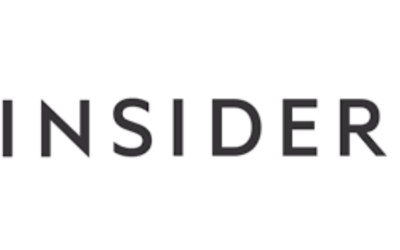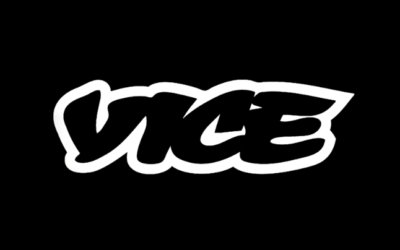Accessing NPR content across geographical boundaries requires reliable proxy solutions that balance performance and privacy. While residential proxies offer stability and authenticity through real IP addresses, mobile proxies provide dynamic connectivity that mimics genuine user behavior. The landscape of proxy providers has evolved remarkably, with major players offering specialized solutions for streaming media platforms like NPR. Understanding the distinct advantages of each proxy type and selecting the right provider can mean the difference between smooth, uninterrupted access and frustrating connection issues that compromise the listening experience.
Understanding NPR Proxy Requirements
When setting up NPR (Network Proxy Requirements) for residential or mobile proxies, understanding the core technical specifications and compliance standards is essential.
Key requirements include:
- Minimum 100 Mbps connection speed
- IPv4 and IPv6 compatibility
- Rotating IP address capability
- SSL/TLS encryption support
- Geographic location verification
- Zero DNS leaks
- Automatic failover systems
Residential Vs Mobile Proxy Comparison
From a technical standpoint, residential and mobile proxies serve distinct purposes despite their similar core functionalities.
Residential proxies use IP addresses from Internet Service Providers, making them appear as regular home connections.
Mobile proxies utilize cellular network IPs, offering superior location flexibility and rotation.
Key differences:
- Speed: Mobile typically faster
- Detection rate: Residential less detectable
- Cost: Mobile generally more expensive
Top Proxy Providers for NPR
Finding reliable proxy providers for NPR (National Public Radio) streaming requires careful consideration of factors like streaming quality, geolocation accuracy, and connection stability.
Top providers for NPR streaming include:
- Brightdata – Extensive US coverage
- IPRoyal – High-speed residential IPs
- Oxylabs – 99.9% uptime guarantee
- Smartproxy – Optimized for media streaming
- NetNut – Fast residential rotation options
Each offers dedicated US proxies suitable for NPR access.
Proxy Configuration and Setup Guide
Setting up residential and mobile proxies requires careful attention to configuration details and protocol settings to guarantee peak performance.
Here are the key steps:
- Configure proxy IP and port in browser settings
- Select SOCKS5 or HTTP/HTTPS protocol
- Input authentication credentials if required
- Test connection using proxy checker tools
- Enable SSL encryption for secure connections
Common NPR Access Issues
Network proxy routing (NPR) frequently encounters several common access issues that can disrupt proxy connectivity and performance.
Key problems include:
- Authentication failures
- IP address conflicts
- DNS resolution errors
- Port blocking by ISPs
- Bandwidth throttling
- Connection timeouts
- SSL certificate verification issues
- Proxy server overload
- Geographic restrictions
- Protocol compatibility problems
Security and Privacy Considerations
The security landscape for residential and mobile proxies demands careful consideration of multiple risk factors and protective measures.
Key security priorities include:
- Data encryption protocols
- Authentication methods
- IP leak prevention
- Regular security audits
- Malware scanning
- Connection monitoring
Users should implement two-factor authentication and verify proxy providers maintain strict privacy policies while keeping detailed access logs.
Performance Testing and Optimization
While security measures protect proxy infrastructure, perfect performance guarantees reliable operation and user satisfaction.
Regular speed testing helps identify bottlenecks and enhance connection quality.
Key performance metrics include:
- Response time
- Download/upload speeds
- Connection stability
- Latency rates
- Server load distribution
Monitor these factors continuously to maintain ideal proxy performance levels.
Additional Insights and Data
The ideal proxy solution for NPR streaming requires careful consideration of provider capabilities and specific access needs. Residential proxies from Brightdata and IPRoyal deliver reliable performance, while mobile solutions from Oxylabs guarantee superior streaming speeds. Implementation of proper security protocols and regular performance monitoring maximize streaming quality. Strategic proxy rotation and proper configuration remain essential for maintaining consistent, uninterrupted access to NPR content across all platforms.








